‘You can’t win when chasing perfection’ – Jessica Robson
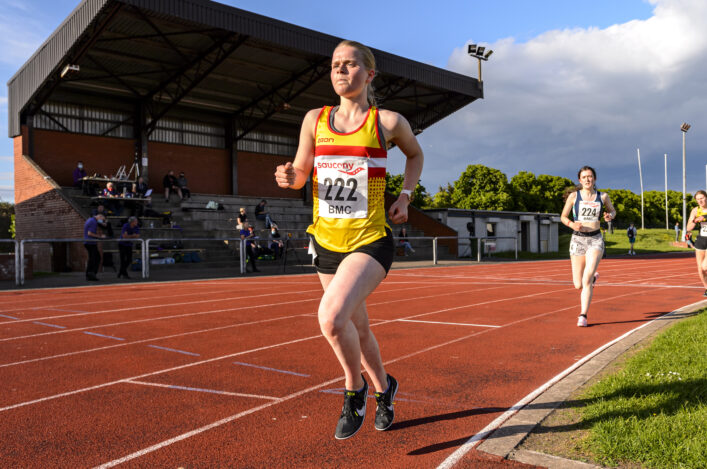
As part of Eating Disorders Awareness Week earlier this spring, Law and District AAC athlete Jessica Robson wrote about her history with an Eating Disorder. Jessica is a member of our recently created Young People’s Forum.
Here’s the article which appears in the current edition of PB magazine. Below that, we have some advice from leading sport and ED expert, Renee McGregor . . .
By Jessica Robson
Talk of eating disorders can bring an uneasy feeling. I think it’s one of those things we know is a big problem, but in our uneasiness it’s easier to brush the issue under the carpet than to face it head on.
I have no intention to mention here what diagnosis I received, go into depth on how an eating disorder impacted my life, or speak of the underlying issues behind its manifestation.
This isn’t about me, really. I simply want to use a few thoughts from my own lived experience to join the growing number of athletes who are speaking up, shedding light on an often-misunderstood problem.
Chances are you’ve no idea who I am. Maybe we’ve met, maybe we haven’t. Perhaps we’ve chatted about the weather in a portaloo queue; maybe we’ve shaken hands at a finish line because we happen to have crossed one close to each other; we might even have unwittingly been in each other’s company countless times over several years, never exchanging anything beyond smiles of acknowledgement.
In that respect, I’m no different to anyone else you may or may not have crossed paths with. You can look with your eyes and see my club vest, my style of running and who’s company I’m in. You cannot see an eating disorder.
It does not define me as an athlete and is far from the most interesting thing about me as a person.
These are not examples of reasons to justify brushing over the problem, but all the more reason we need to talk about it. An invisible problem is still a problem.
I didn’t see myself represented in my perception of what I thought an eating disorder was.
Then, the more I tried to figure out what was going on in my head, and the more knowledgeable I became, I learned that eating disorders are more prevalent in athletes than in the general population.
This helped and led me to begin to make sense of what was happening. Still, I was convinced I didn’t fit the bill and couldn’t voice my concerns.
If this was such a big problem in sport, why did so few people seem to be talking about it? Why did it need to be kept quiet – was there something to be ashamed of?
What would anyone think of an athlete claiming to have a problematic relationship with food and exercise, when by nature that’s what we’re supposed to be good at?
Throw all this on top of the false perception that an athlete’s mental strength makes them immune to requiring any sort of help and you can see where I had difficulty.
I’m not the first person to have battled with these misconceptions, and unfortunately I won’t be the last.
We can, though, have the conversations necessary to break down these misconceptions so that athletes can speak up and receive support sooner.
It’s odd to think that some of the traits that make the sporting world so attractive to a person are the same traits that could potentially create a vehicle for total chaos.
A constant drive for improvement, a few perfectionist tendencies, the determination to leave no stone unturned – there are any number of powerful traits that can facilitate great success in sport but, if left to spill into every single second of daily life, can become rather problematic.
Even while an immersion in sport may not directly cause an eating disorder, and vice versa, combine the two things and they’re going to get pretty wrapped up in each other. In my experience, anyway.
I do not in any way believe that sport alone caused my illness.
I do, however, feel there are blurred lines between commendable commitment and an unhealthy obsession; between admirable dedication and total burnout; between inspirational effort and a means of self-destruction.
Perhaps that’s why there is a haze between when the fun way of life shifts from ‘appropriately-structured’ to ‘detrimentally-inflexible’, or when what started as pure joy turns into a measure of self-worth and an unwinnable pursuit of perfection.
It’s all too easy to hide a problem behind the mask of a hard-core athletic identity and a genuine love for the sport.
I think all of this can make identifying a problem – not just in others, but in ourselves – incredibly difficult.
Jessica races at the Inter-Counties XC at Loughborough in March (photo by Neil Renton)
It was painful to acknowledge that something I love so much had become a channel through which to express a deeper problem.
Nevertheless, what matters is that I did make that acknowledgement and I could now promise anyone, it’s the best thing you can do.
I mistook mental illness for mental weakness, and in my determination to be nothing but strong I trapped myself.
So, it’s quite incredible to now know that saying ‘help’ is actually the strongest thing I’ve ever done.
I turned the tide and used those powerful traits for good again. I have a newfound appreciation for the joy I find in my running and a new respect for its place amongst the other loves in my life.
The road to recovery is a long one, and I’m certainly not at the end of it yet, nor can I put a date on when I will be.
But I don’t see why that means I can’t speak out in support of a future in which other athletes don’t feel they have to suffer in silence. I hope what I have shared here can encourage even just one person to take a step in the right direction.
I don’t claim to know what the solution is to such a complex problem in our sport, but I know it certainly isn’t silence. I’m no expert; I’m speaking purely from personal experience, but I truly believe we can dramatically improve the outlook for athletes suffering from eating disorders.
It’s not a problem we can look at and see with our eyes – we need to talk. I dream of growing old in this sport that fosters and celebrates strength – in every sense of the word – and I hope that I can do so with the knowledge that we are far more open about and aware of eating disorders than when I started out.
This is me talking and I hope others will follow.
+++
*The scottishathletics website has useful information and links on eating disorders/disordered eating in athletes, including an online course, online here
+++
‘There are several studies that confirm that there is a higher prevalence in eating disorders amongst athletes compared to their non athletic peers. This includes all levels from grassroots all the way through to elite level.
‘Eating disorders are biologically based mental illnesses. While many individuals will attribute their behaviours to a specific comment, in reality most individuals who develop an eating disorder have a genetic predisposition.
‘If you put this particular personality – perfectionist, determined, self-critical, obsessive and compulsive into the right psycho-social environment, you create the perfect storm for an eating disorder to develop.
‘It is also important to raise here that an Eating Disorder is not about food, body image or training. These are just the medium the individual uses to avoid emotional risk.
‘The culture within sport in general creates the ideal environment – the pressure and high expectations, the focus on performance.
‘Throw in unhelpful language around ‘lighter makes you faster’, ‘no pain no gain’ , ‘more is better’ and it creates a narrative leading to dysfunctional thoughts and then behaviours.
‘An eating disorder never delivers and, in fact, if not responded to in a lot of cases can lead to career over even before it has started, due to the devastating physical consequences that can occur through restrictive eating and being underweight.’
Renee McGregor
Leading sport and ED specialist
+++
Tags: Eating Disorders, Jessica Robson, Renee McGregor, Young People's Forum
Latest Articles
International

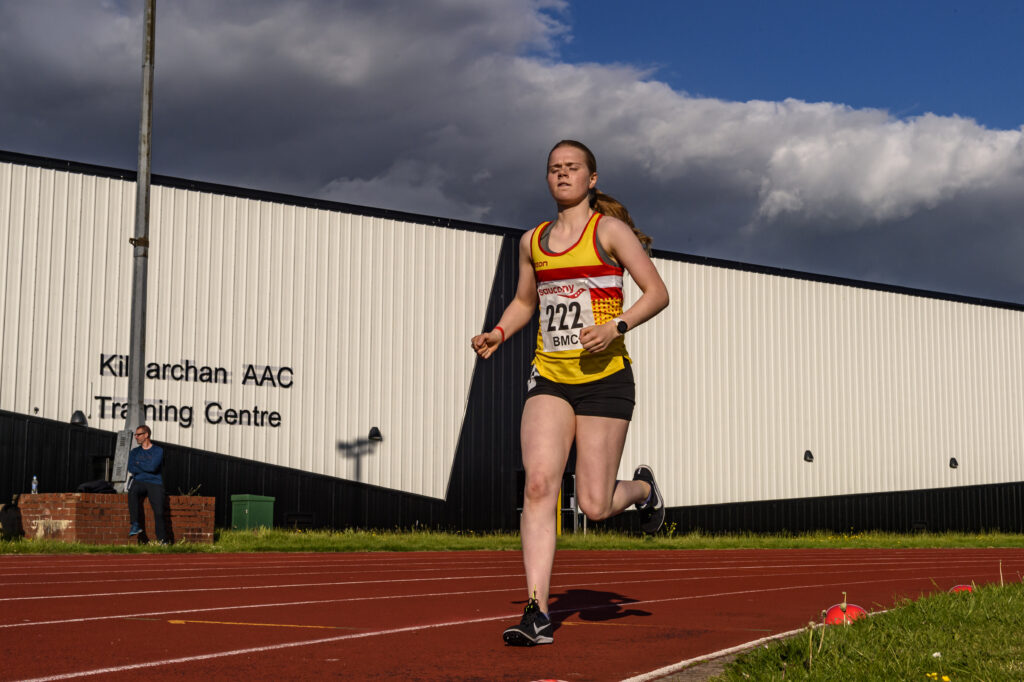
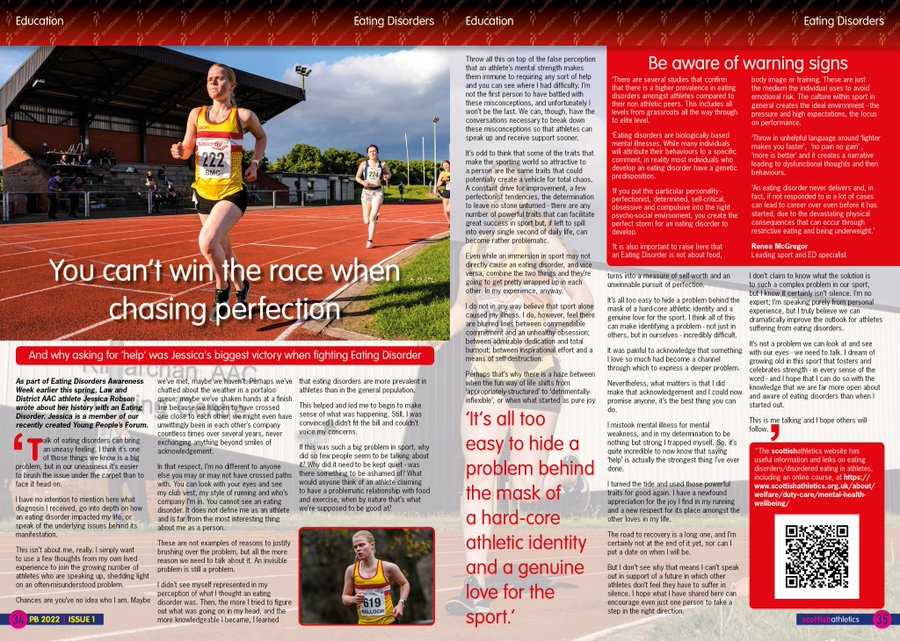
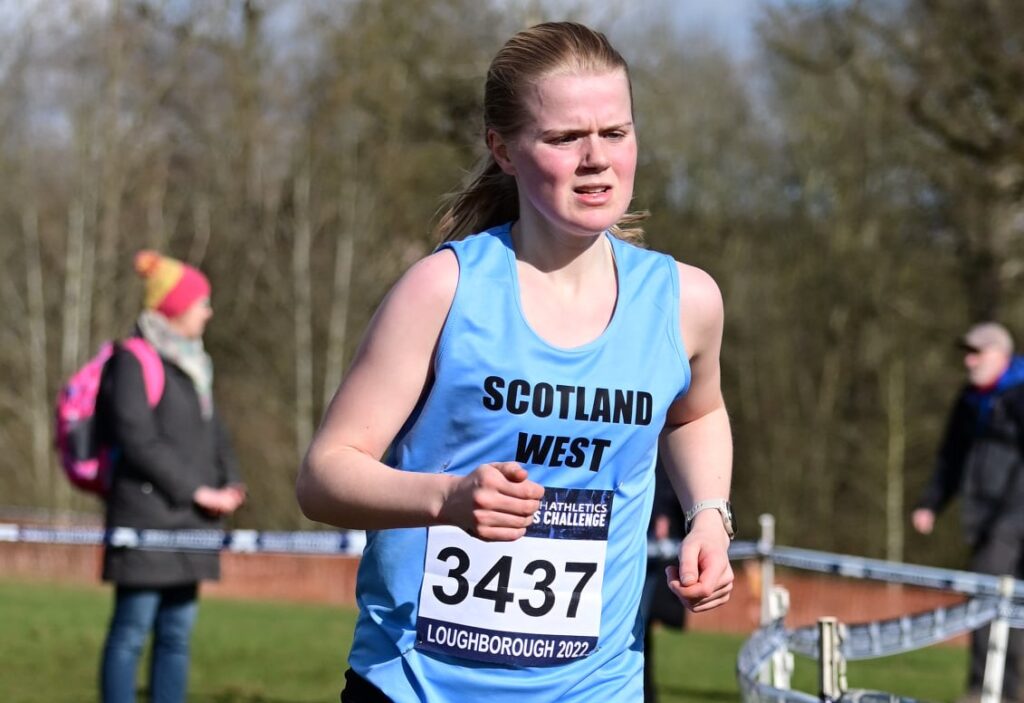
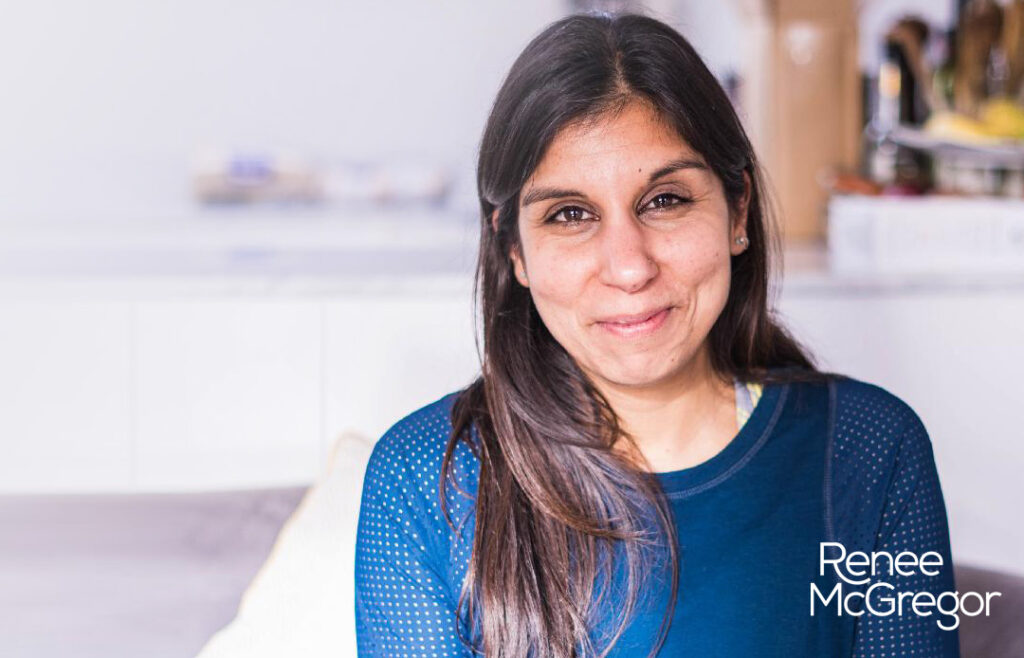
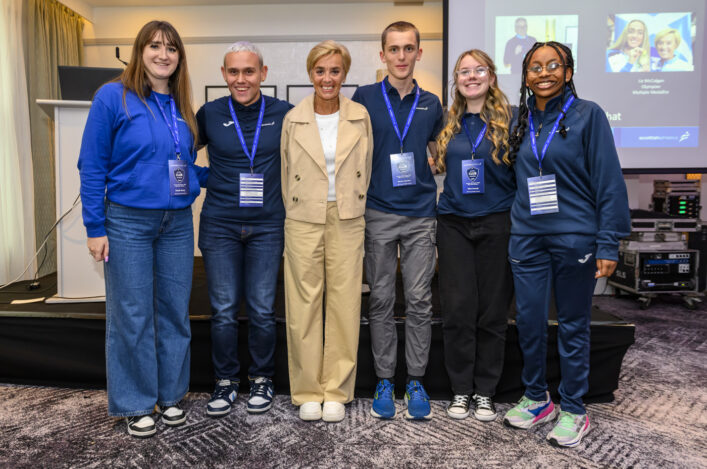

Latest Facebook update
Problem displaying Facebook posts. Backup cache in use.
Click to show error